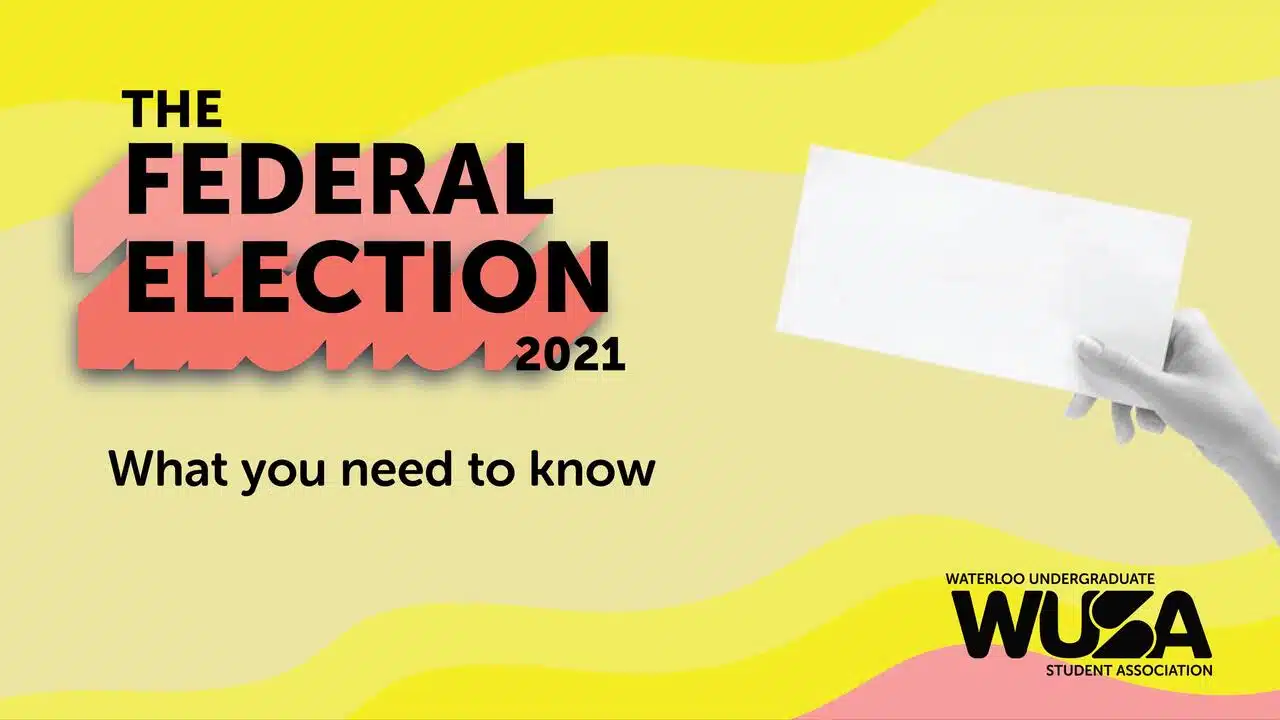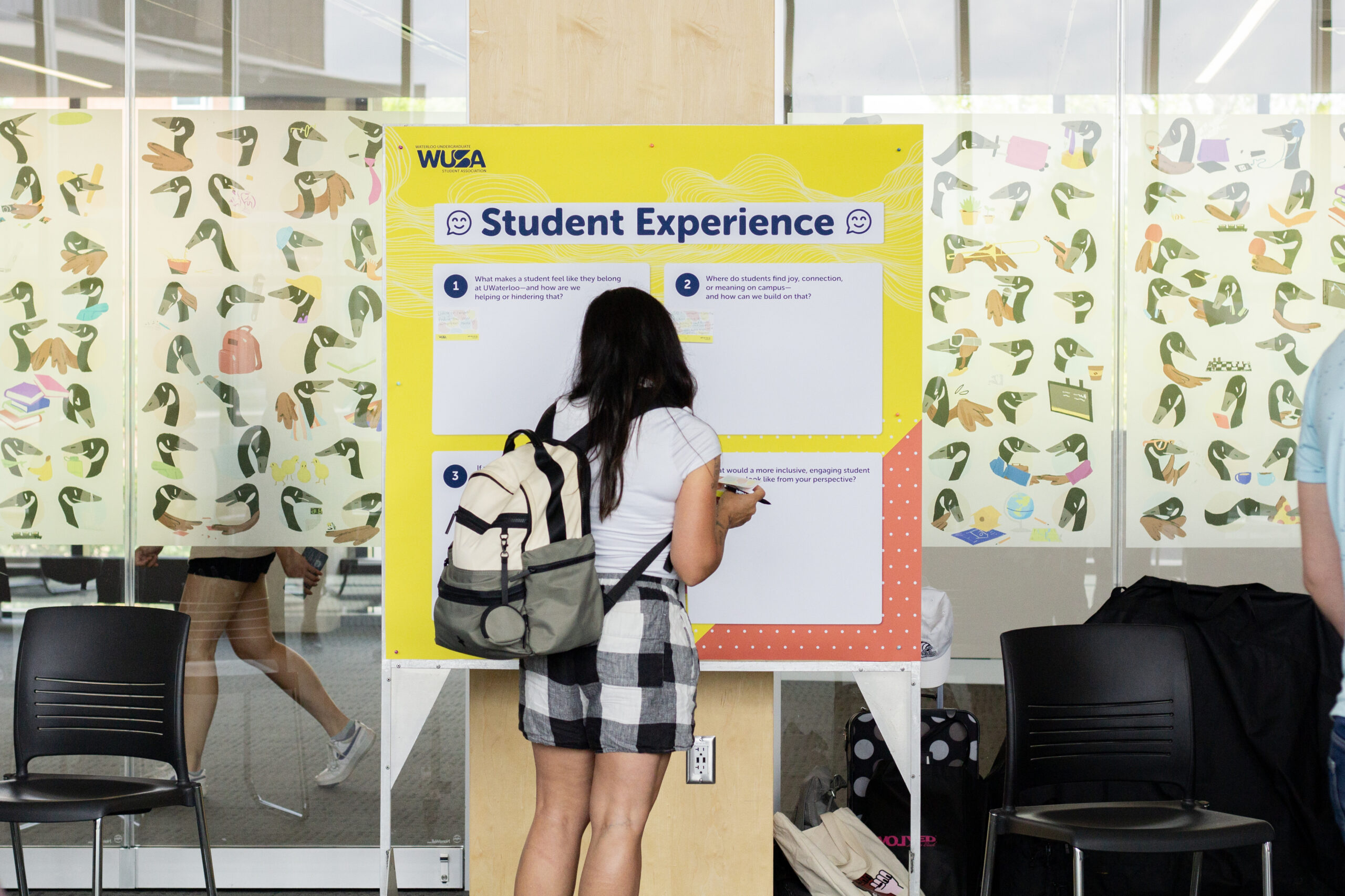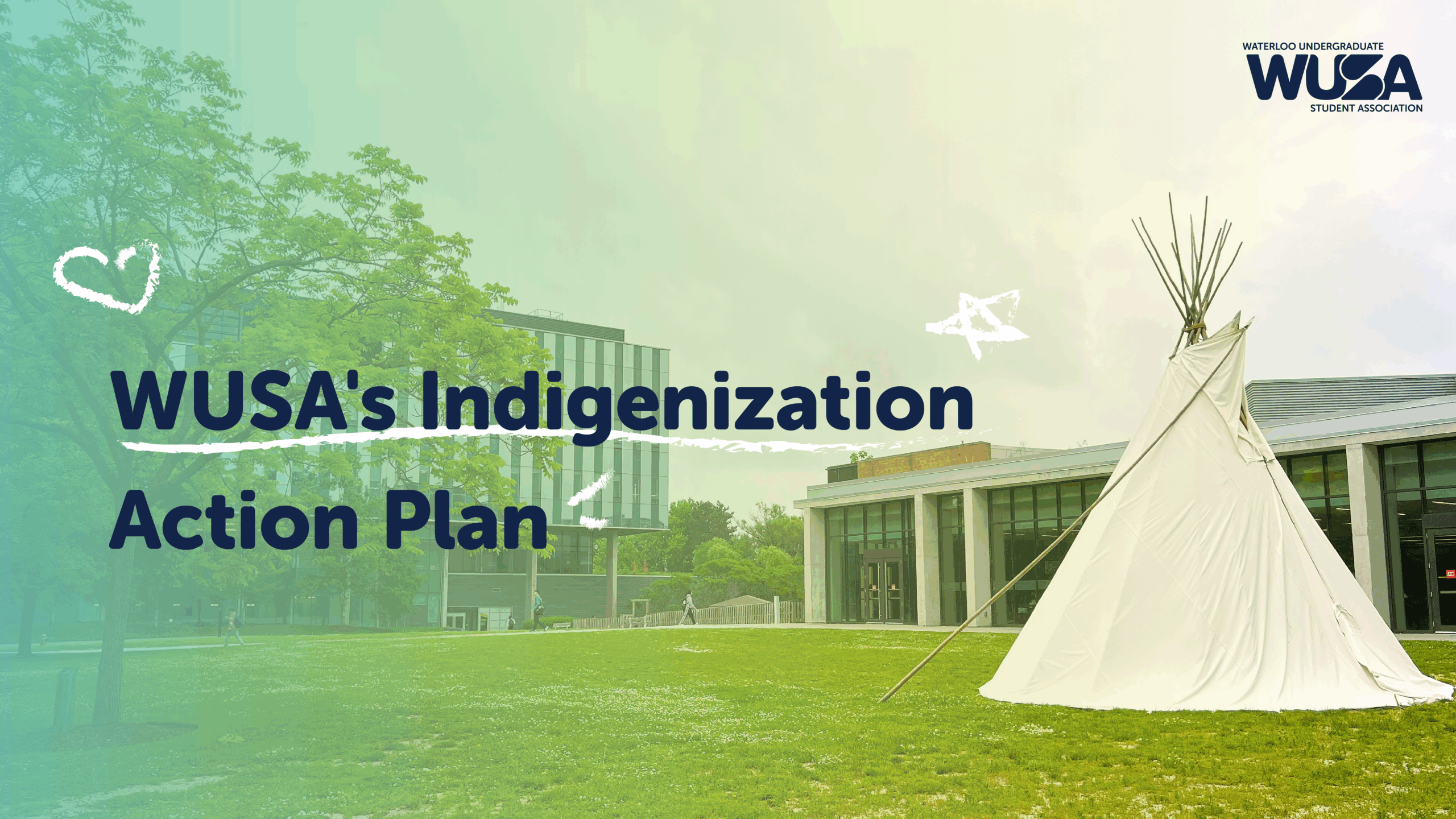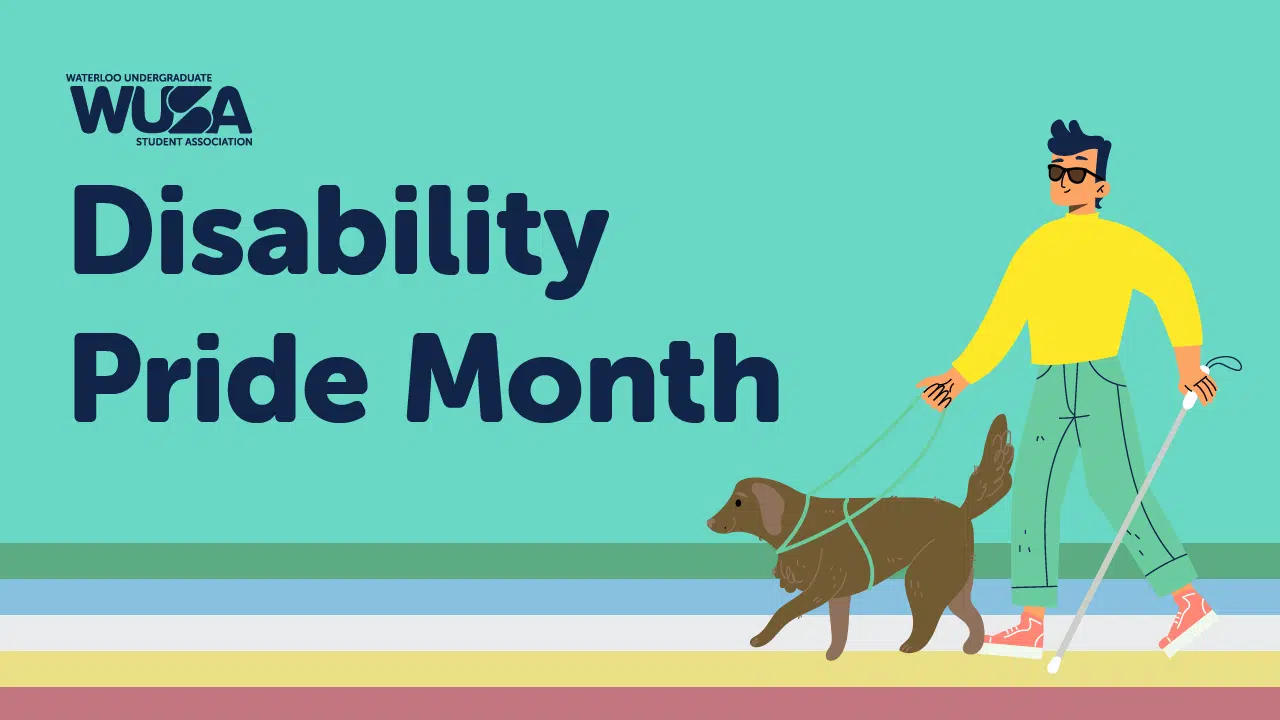Federal Election ‘21 Platform Analysis

With the release of the Liberal platform on the 1st of September, the three biggest Canadian political parties now all have public platforms. WUSA refrains from making endorsements on federal candidates, but we can still highlight to you the portions of the platforms that most relate to post-secondary education. Some generic promises here may be updated in a later post if parties release specific financial commitments or other details. As you might already know, most of post-secondary education falls within provincial jurisdiction. We present them here in alphabetical order. Please note that this article was written before the Green Party platform had been released. More updates will be added as they come.
The Conservative Party of Canada (CPC) makes a generic commitment to pathways to citizenship and permanent residence for international students, something UCRU, our federal lobbying organization, asked parties to support in recent years. Details on what that looks like are not yet released. The CPC is also committing to $250 million over two years to supporting institutions that support job retraining.
The Green Party of Canada (GPC) has not released a platform. To the best of our knowledge, their promises to students have mostly focused on voting on campus, where they have criticized Elections Canada for cancelling some on-campus voting programs.
The Liberal Party of Canada (LPC) platform is promising elimination of interest on student debt. They are also promising to increase the threshold for the repayment assistance threshold to a minimum of $50,000, meaning repayment of student loans will not trigger until a graduate earns that much in one year. The LPC also promises hiring of 1200 new mental health professionals in post-secondary institutions across the country. The Liberals, like the Conservatives, also promise generic reforms to make it easier for international students to gain permanent residency. The LPC also promises expansions in recruitment of international students and permanent residents to Government of Canada jobs, including expanding language training for those students. The LPC promises extra debt relief to doctors, nurses and nurse practitioners who work for 5 years in rural communities, up to $60,000 from $40,000. They also promise a five-year holiday on student loan repayments after a parent has their first child. Continuation of other programs instituted by the Trudeau government is likely.
The New Democratic Party of Canada (NDP) is promising forgiving $20,000 in student debt for those earning under $60,000 per year. It is unclear if this will apply to students still in study. The NDP promises to double the non-repayable student grant program. This second promise was in the Liberal 2019 platform, and is something that our partners at UCRU have advocated for for years. The NDP promises an elimination of interest on student debt. The NDP also has a generic commitment to reduction of tuition fees, moving towards a free system of post-secondary education, without any timeline, recognizing that such action would require bilateral negotiations with provinces. The New Democratic Party is also promising that students will become eligible to use employment insurance while they attend university, if they have worked enough hours to qualify for that insurance. On Indigenous post-secondary education, the party makes generic comments about expansion of financial supports to Indigenous students, presumably through the Post-Secondary Student Support program, something that UCRU has advocated on for many years. They also make a commitment in distance education.
Summary of Commitments:
In recent years, WUSA as part of UCRU has advocated for a number of priorities. In the following chart, we detail how the Liberal/Trudeau government did or did not respond, as well as further promises made in the upcoming platforms. A few things to keep in mind- it can be easy to miss government actions or miss small platform promises, and secondly, no party has promised cuts relative to the current budget but it is hard to predict which programs a new government may cut or redirect if there is a change in leadership, and finally, some parties such as the Conservative Party typically advocate for spending less in order to reduce young people’s future tax burden, and that is not reflected here.
With the release of the Liberal platform on the 1st of September, the three biggest Canadian political parties now all have public platforms. WUSA refrains from making endorsements on federal candidates, but we can still highlight to you the portions of the platforms that most relate to post-secondary education. Some generic promises here may be updated in a later post if parties release specific financial commitments or other details. As you might already know, most of post-secondary education falls within provincial jurisdiction. We present them here in alphabetical order. Please note that this article was written before the Green Party platform had been released. More updates will be added as they come.
The Conservative Party of Canada (CPC) makes a generic commitment to pathways to citizenship and permanent residence for international students, something UCRU, our federal lobbying organization, asked parties to support in recent years. Details on what that looks like are not yet released. The CPC is also committing to $250 million over two years to supporting institutions that support job retraining.
The Green Party of Canada (GPC) has not released a platform. To the best of our knowledge, their promises to students have mostly focused on voting on campus, where they have criticized Elections Canada for cancelling some on-campus voting programs.
The Liberal Party of Canada (LPC) platform is promising elimination of interest on student debt. They are also promising to increase the threshold for the repayment assistance threshold to a minimum of $50,000, meaning repayment of student loans will not trigger until a graduate earns that much in one year. The LPC also promises hiring of 1200 new mental health professionals in post-secondary institutions across the country. The Liberals, like the Conservatives, also promise generic reforms to make it easier for international students to gain permanent residency. The LPC also promises expansions in recruitment of international students and permanent residents to Government of Canada jobs, including expanding language training for those students. The LPC promises extra debt relief to doctors, nurses and nurse practitioners who work for 5 years in rural communities, up to $60,000 from $40,000. They also promise a five-year holiday on student loan repayments after a parent has their first child. Continuation of other programs instituted by the Trudeau government is likely.
The New Democratic Party of Canada (NDP) is promising forgiving $20,000 in student debt for those earning under $60,000 per year. It is unclear if this will apply to students still in study. The NDP promises to double the non-repayable student grant program. This second promise was in the Liberal 2019 platform, and is something that our partners at UCRU have advocated for for years. The NDP promises an elimination of interest on student debt. The NDP also has a generic commitment to reduction of tuition fees, moving towards a free system of post-secondary education, without any timeline, recognizing that such action would require bilateral negotiations with provinces. The New Democratic Party is also promising that students will become eligible to use employment insurance while they attend university, if they have worked enough hours to qualify for that insurance. On Indigenous post-secondary education, the party makes generic comments about expansion of financial supports to Indigenous students, presumably through the Post-Secondary Student Support program, something that UCRU has advocated on for many years. They also make a commitment in distance education.
Summary of Commitments:
In recent years, WUSA as part of UCRU has advocated for a number of priorities. In the following chart, we detail how the Liberal/Trudeau government did or did not respond, as well as further promises made in the upcoming platforms. A few things to keep in mind- it can be easy to miss government actions or miss small platform promises, and secondly, no party has promised cuts relative to the current budget but it is hard to predict which programs a new government may cut or redirect if there is a change in leadership, and finally, some parties such as the Conservative Party typically advocate for spending less in order to reduce young people’s future tax burden, and that is not reflected here.
Government Action in Response to COVID:
All parties supported the government’s plans on COVID relief, allowing bills to become law much faster. Here is how the government responded to the crisis.
| Advocacy Priority | CPC | LPC | NDP |
| Expand CERB to include students in a Canada Emergency Student Benefit (CESB) | Supported government package, advocated for but failed to secure work requirements for students to qualify for CESB. | Students given CESB, or $1250/month, for four months, provided they earn less than $1000 per month. | Supported government package, further negotiated an expansion to $2000 for students with disabilities or dependents with disabilities. |
| Provide Emergency Funding to Universities | N/A | None. | N/A |
| Expand funding for the Canada Student Grant program during pandemic | Supported government package. | Proposed three years of doubled student grants, a temporary implementation, contrary to a smaller permanent implementation promised in platform 2019. Also doubled grants for students with permanent disabilities. Increased Indigenous support. Multi-billion dollar commitment overall. | Supported government package |
| Waive student and family contributions | Supported government package. | Waived student and spouse contributions. | Supported government package. |
The final summary is priorities that are unrelated to WUSA’s stated federal priorities, though all of these topics have been provincial priorities at some time, and some have been brought up more casually on the federal scene. For interest reduction, the Liberal government already reduced the interest rate from 2% above the prime rate to the prime rate.
| Topic | CPC | LPC | NDP |
| Debt Relief | None. | Relief for nurses, nurse practitioners and doctors operating in rural areas. | Relief of $20,000 for all persons earning less than $60,000 dollars, with every dollar above $60,000 clawing back 50 cents of relief (a person earning $70,000 would get $15,000 in relief, someone earning $90,000 would get $5,000) |
| Mental Health | Adding a mental health care funding stream to the Canada Health Transfer. | Adding 1200 paid mental health professional jobs in Canadian post-secondary institutions.
Adding a mental health care funding stream to the Canada Health Transfer. |
Adding mental health care to the Canada Health Act. Presumably increased funding will go along with it. |
| Student Jobs | Indirect support though temporary support for the restaurant sector by allowing buyers to claim tax credits, presumably boosting serving jobs. | Increase diversity in the public service by offering language programs to racialized employees and expanding the public service recruitment program to international students and permanent residents. | Establish a Canada Climate Corps, of indeterminate size, focused on hiring young people to do work on improving the environment and fighting climate change. |
| Interest Reduction | No changes. | Elimination of interest on student debt | Elimination of interest on student debt |
| Tuition Reduction | No changes. | No changes. | General interest in exploring reductions in tuition by partnering with provinces. |
Published: Sunday, September 12, 2021
Related Articles
Advocacy, Featured, General, Student Blog, Student Life




